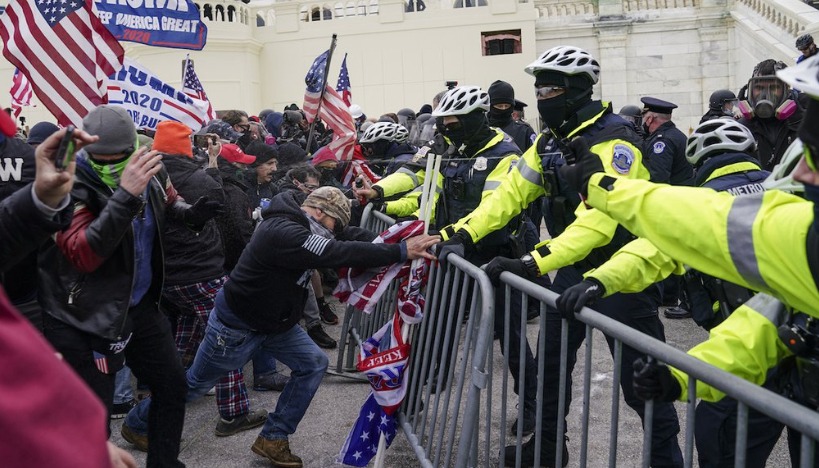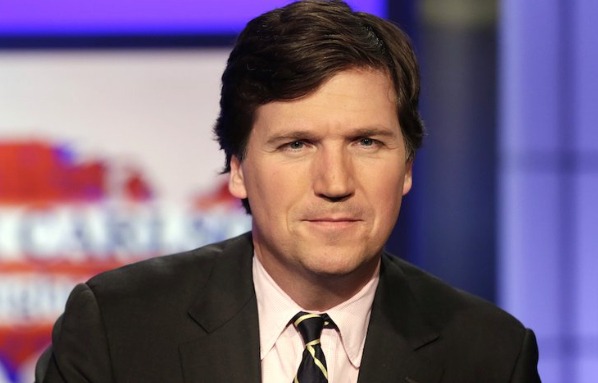Controversial Cabinet Picks: Manchin’s Inconsistent Treatment of Nominees Raises Concerns
During Donald Trump’s early days as president, his controversial cabinet picks sparked widespread concern. One of these questionable selections was Alexander Acosta, who assumed the role of Department of Labor Secretary despite well-known questions about his involvement with Jeffrey Epstein.
Fast forward two years, and Acosta resigned amidst scandal, leaving us to question the senators who initially confirmed him.
Among those who supported Acosta’s nomination was conservative Democratic Senator Joe Manchin of West Virginia. Manchin, who sided with the Republican majority at the time, is now in the spotlight as we reflect on the past and examine recent events.
Manchin’s Opposition to Julie Su’s Nomination
Recently, Manchin declared his opposition to Julie Su’s nomination for Labor Secretary, dealing a blow to her confirmation prospects. Without Manchin’s support, Su now needs to secure the backing of the remaining 50 Democrats and independents who caucus with them, including Senators Jon Tester of Montana and Kyrsten Sinema of Arizona, who have not yet indicated their voting intentions.
Manchin justified his stance by expressing concern about Su’s “progressive background.” However, it is worth noting that Manchin voted to confirm Su as the Deputy Secretary of Labor two years ago, and she has since demonstrated commendable performance in the role. Additionally, Su has been serving as the acting Secretary of Labor for the past four months without any issues.
Manchin’s Selective Lens: Ignoring Su’s Credentials
It is perplexing that Manchin, who overlooked Acosta’s background during the Trump era, is now unconvinced of Su’s qualifications. Su has two years of experience as California’s Labor Secretary, and according to The Los Angeles Times, she has maintained positive relationships with both labor and employer groups, despite her progressive efforts on behalf of workers.
The discrepancy in Manchin’s treatment of nominees becomes more apparent when comparing his support for Trump’s controversial choices with his opposition to Biden’s well-qualified nominees for the same positions.
The Unfortunate Consequences: Su’s Nomination in Jeopardy
Su’s nomination now hangs in the balance, despite her preparedness, successful track record, and the apparent majority support in the Senate. NBC News reports that Su can continue serving as acting Labor Secretary without a confirmed appointment, as federal law imposes no time limits.
Manchin’s inconsistency in evaluating nominees raises concerns about fairness and equity in the confirmation process. While his political calculations may explain his actions, it does not make them right.
In the end, Manchin’s unequal treatment of nominees raises important questions about his commitment to upholding consistent standards and prioritizing the best interests of the American people.
Manchin’s Surprising Stance on Confirming Nominees Sparks Debate on Fairness
In the realm of American politics, the confirmation process for nominees has always been a contentious issue. However, the recent surprising stance taken by Senator Joe Manchin, a Democrat from West Virginia, has ignited a fierce debate on the fairness of the confirmation process.
Traditionally, the confirmation process has been seen as a partisan battle, with senators from the opposing party often voting against nominees put forward by the president. This practice has been criticized for obstructing the functioning of the government and impeding the president’s ability to assemble their desired team. However, Senator Manchin’s recent announcement has challenged this status quo.
Senator Manchin, known for his moderate views and willingness to work across party lines, declared that he would not support any nominee who does not have bipartisan support. This unexpected stance has raised eyebrows on both sides of the aisle and has sparked a heated debate on the fairness of such a requirement.
Proponents of Senator Manchin’s position argue that it promotes a more inclusive and collaborative approach to governance. They contend that by demanding bipartisan support for nominees, the confirmation process becomes more transparent and ensures that nominees are truly qualified and capable of garnering support from both sides of the political spectrum. This, they argue, would lead to a more balanced and effective government.
On the other hand, critics argue that Senator Manchin’s stance could potentially hinder the president’s ability to assemble their desired team. They argue that the confirmation process is already rigorous enough, with nominees undergoing thorough scrutiny and vetting by the Senate. Adding an additional requirement for bipartisan support could further politicize the process and lead to unnecessary delays and complications.
Furthermore, critics argue that this new requirement could give undue power to a small group of senators who may hold the confirmation process hostage for their own political gain. They contend that this could lead to a situation where a handful of senators have the ability to block highly qualified nominees, simply because they do not have bipartisan support.
The debate on the fairness of Senator Manchin’s stance has also brought to light the broader issue of political polarization in the United States. With the country increasingly divided along party lines, the confirmation process has become yet another battleground for partisan politics. Senator Manchin’s call for bipartisanship is seen by some as a necessary step towards bridging this divide and fostering a more cooperative political environment.
However, others argue that demanding bipartisan support for nominees is an unrealistic expectation in today’s highly polarized political climate. They contend that it is more important to focus on the qualifications and merits of the nominees rather than their ability to garner bipartisan support.
As the debate rages on, it is clear that Senator Manchin’s surprising stance on confirming nominees has sparked a much-needed conversation on the fairness of the confirmation process. While some see it as a step towards a more inclusive and collaborative government, others worry about the potential consequences and the impact it may have on the president’s ability to assemble their desired team. Ultimately, it is up to the American people and their elected representatives to decide what is fair and just in the confirmation process.








